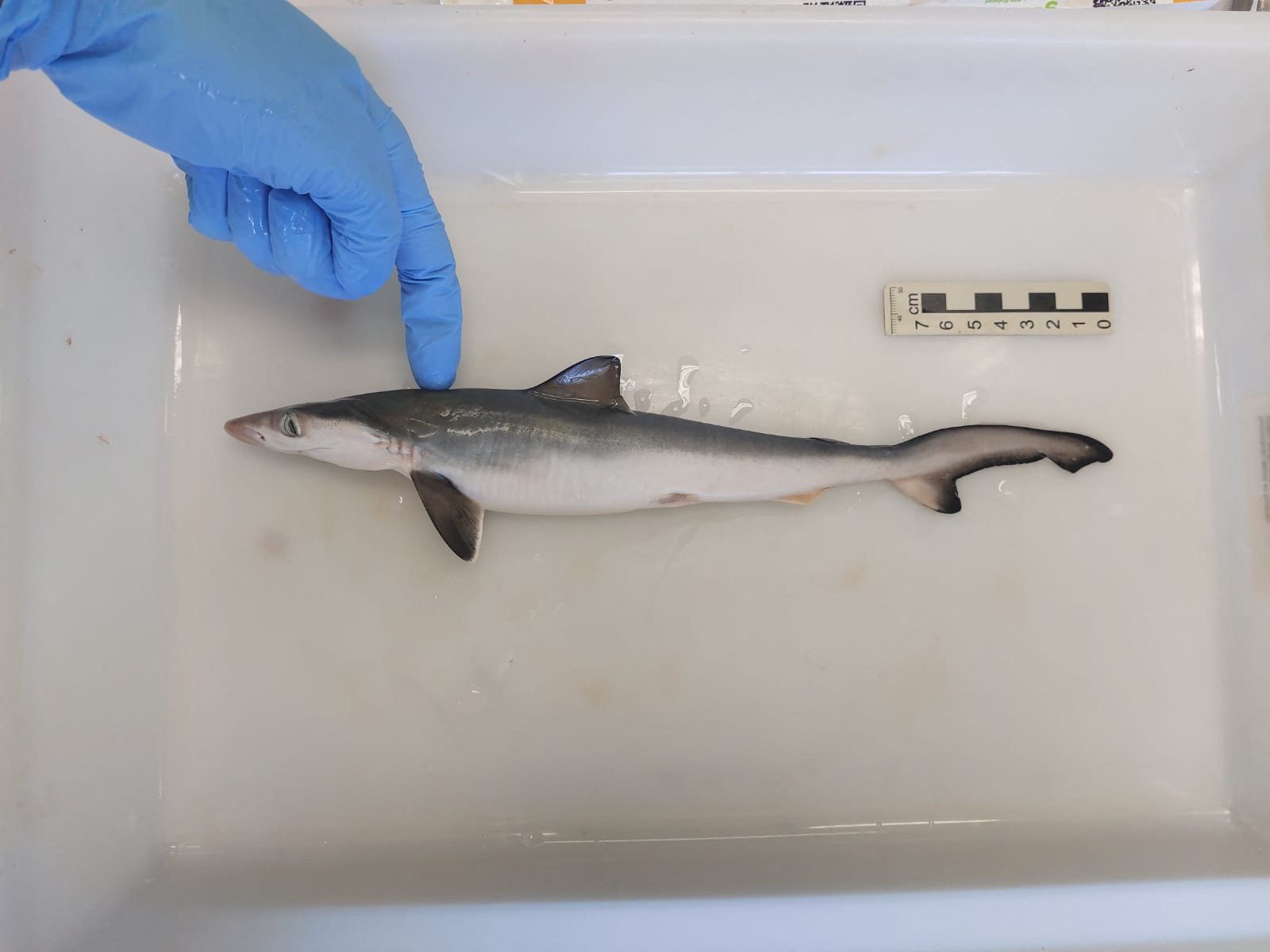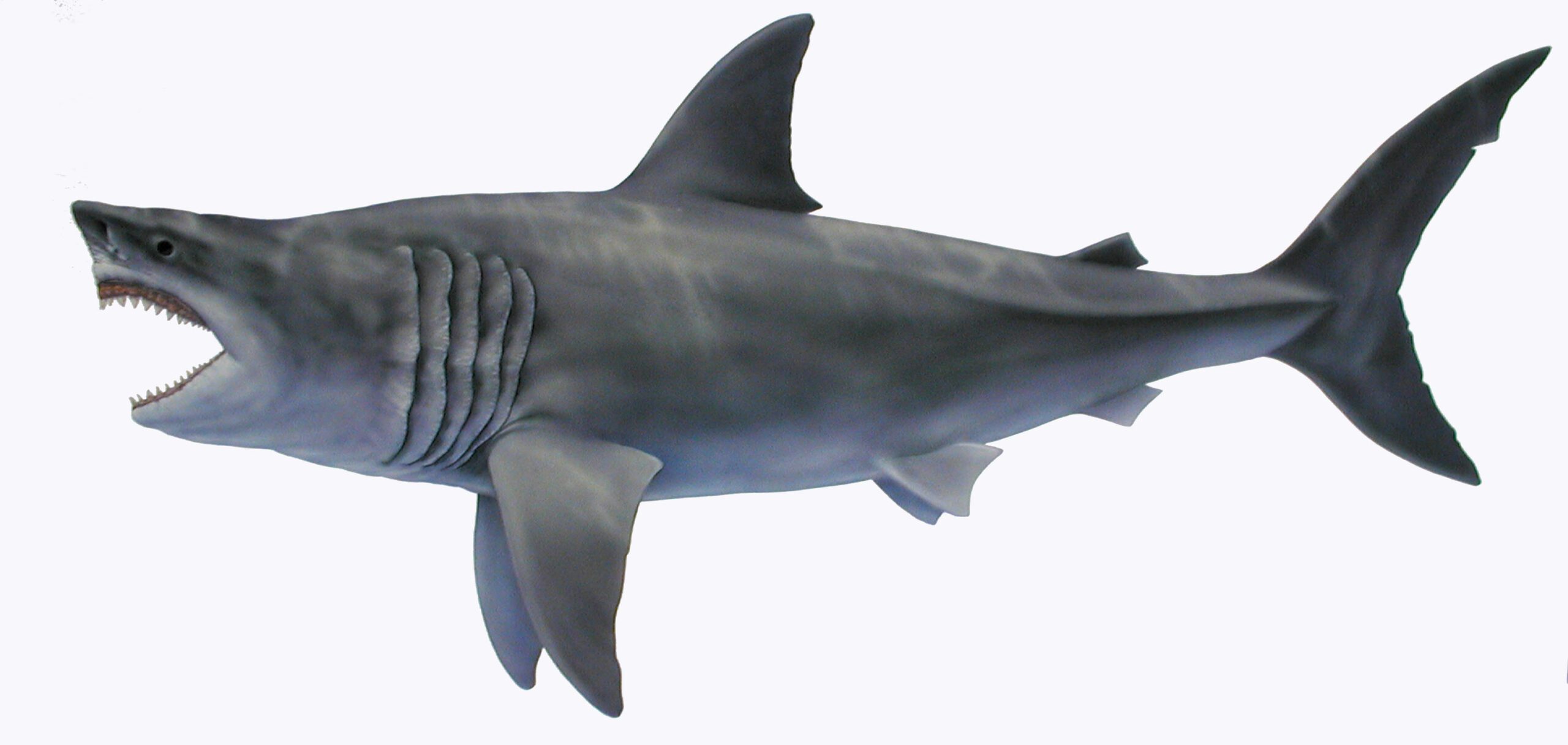By Dani Morera Trettin
SAO PAULO, July 24 (Reuters) – Sharks off the coast of Brazil’s party city Rio de Janeiro have tested positive for cocaine.
The predators were consuming the potent stimulant due to its continuous release from inadequate sewage treatment facilities and clandestine refining operations, scientists wrote in a study published in Science of The Total Environment.
Some may also have attacked bricks of cocaine which traffickers had lost at sea off the coast of Brazil, one of the world’s largest markets for the drug.
Of the 13 specimens of Brazilian sharpnose shark scientists tested over almost three years, all presented cocaine in their muscle and liver tissue, according to the study by the Oswaldo Foundation Cruz, an institute of science, technology and health.
“It is necessary to carry out specific studies to determine the exact consequences of this contamination on animals,” said Rachel Ann Hauser-Davis, a biologist from the IOC Environmental Health Assessment and Promotion Laboratory, in a statement.
“It is believed that there may be an impact on the growth, maturation and, potentially, the fecundity of sharks, since the liver plays a role in the development of embryos.”
The scientists collected the samples between September 2021 and August 2023 as they monitored environmental impacts of pollution on marine life.
Because sharks were predators, Hauser-Davis said they were central figures in the food chain and were considered “sentinel species” that could provide early warnings about environmental threats to humans.
The scientists did not list what effects cocaine and other recreational drugs might have on sharks, although other studies have shown brown trout can become addicted to methamphetamine.
Scientists elsewhere have documented that other pollutants like antidepressants, heavy metals, and birth control medications are also making their way into rivers, lakes and oceans.
(Reporting by Dani Morera Trettin; Editing by Stefanie Eschenbacher and Stephen Coates)
(c) Copyright Thomson Reuters 2024.
Editorial Standards · Corrections · About gCaptain
This article contains reporting from Reuters, published under license.

 Join The Club
Join The Club












